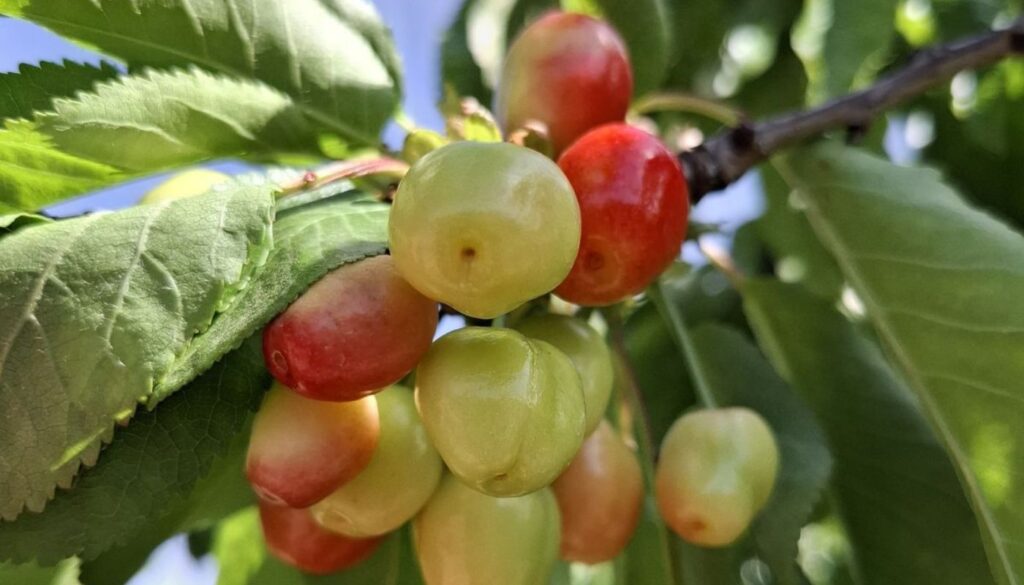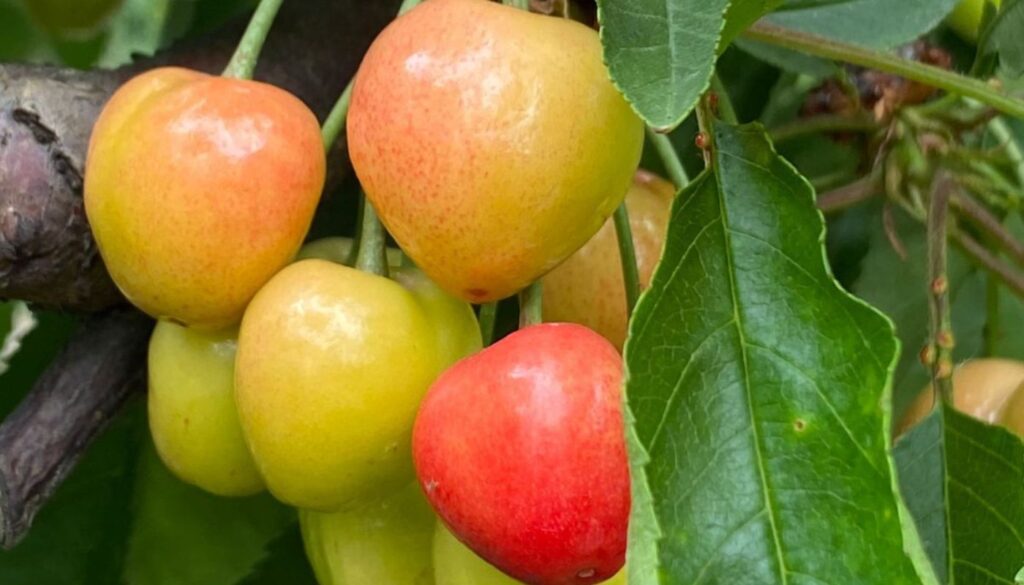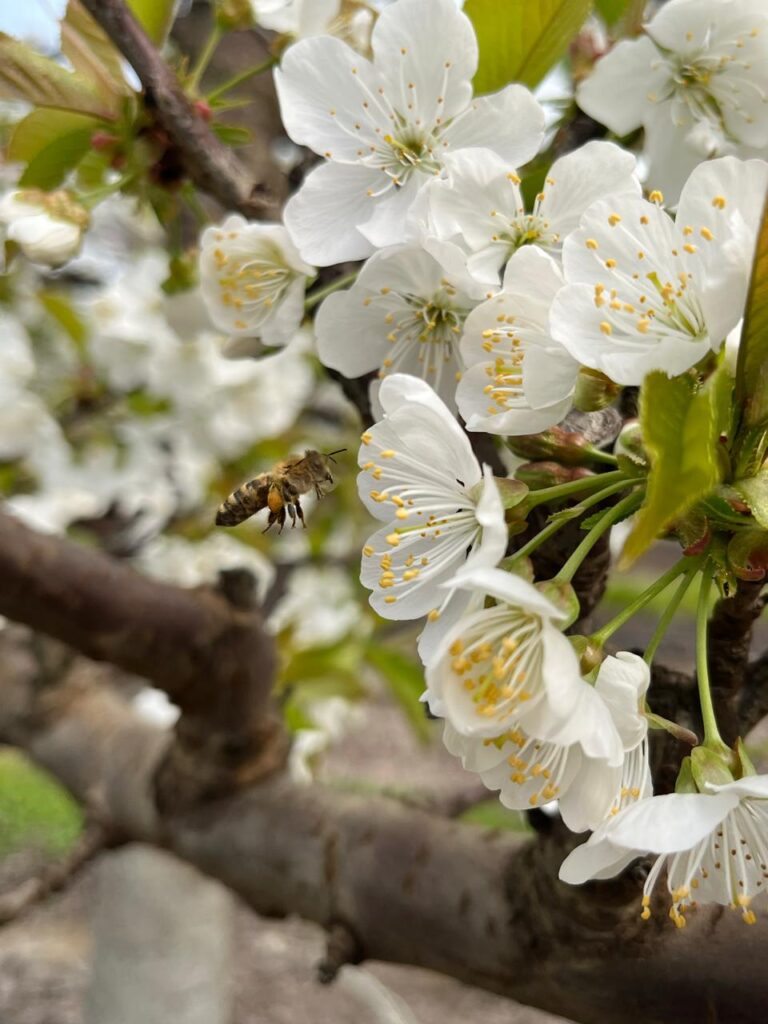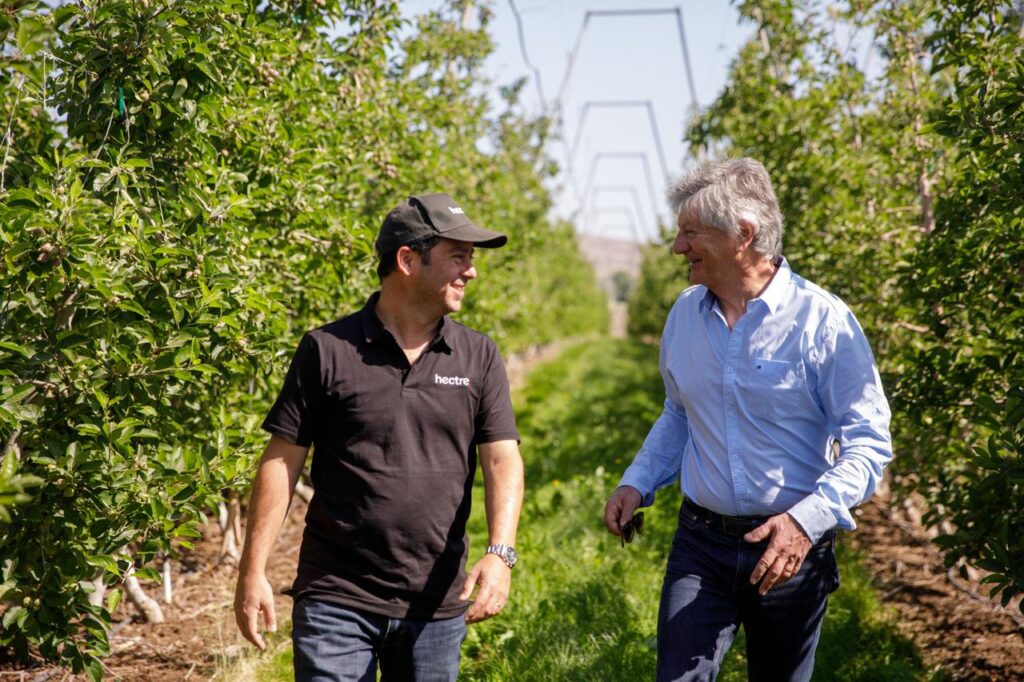- The event brings together around 3,000 scientific delegates, specialists and beekeepers from around the world in Santiago, representing a unique opportunity to highlight the benefits of all beehive products and services.to.

Andrea García, director of the Office of Agricultural Studies and Policies (Odepa) valued Chile as the host of Apimondia and pointed out that it is a key event for the promotion of Chilean beekeeping. It demonstrates the potential of the sector, its tourist appeal and the organizational capacity of our country. In addition, it demonstrates the public-private coordination work that has characterized the sector and that is materialized through the National Beekeeping Commission.
The event brings together around 3,000 scientific delegates, specialists and beekeepers from around the world in Santiago, representing a unique opportunity to highlight the benefits of all the products and services of the beehive, the territories and their people, the scientific advances of the academy and the value that the sector represents in the performance of Chilean agriculture.
The platform provided by this event allows us to publicise the development of Chilean beekeeping, highlighting: i) the variety of high-quality honeys thanks to our territorial biodiversity, ii) the high professional level in reproduction and export of living material and its genetic and sanitary quality, iii) the specialised pollination services that contribute to national agriculture and iv) a sector concerned about the well-being of bees and their contribution to biodiversity and food.
Beekeeping in Chile
Beekeeping activity is carried out throughout the national territory, 99% of the apiaries are between the regions of Atacama and Aysén and they produce honey, live material, pollination services and other hive products which are destined for the national and international markets.
According to figures from the Livestock Information System (SIPEC Apícola) of the Agricultural and Livestock Service (SAG), as of September 2022, 10,504 beekeepers were registered, 9.4% more than in 2021. In the same year, 1,404,214 hives grouped in 20,150 apiaries were declared nationwide, registering an increase of 4% of hives compared to 2021.
At the regional level in 2022, the largest number of beekeepers are found in Maule (1,720) and La Araucanía (1,814) with a national representation of 17% for both regions. They are followed by O'Higgins and Biobío with 12% respectively.
The universe of beekeepers is characterized by concentrating small producers who represent family farming. In 2022, SAG characterizes beekeepers by hive ownership, showing that 88,86% of those who carry out the activity have no more than 300 hives and 8,25% between 300 and 800 hives. Likewise, 16% of the registered beekeepers claim to be exporters, 4,7% have legal personality and 32% correspond to women beekeepers.










